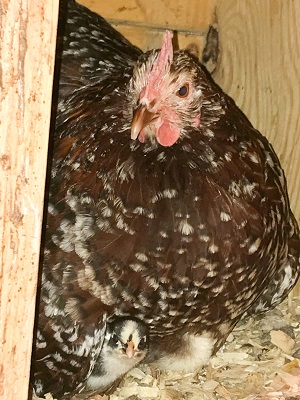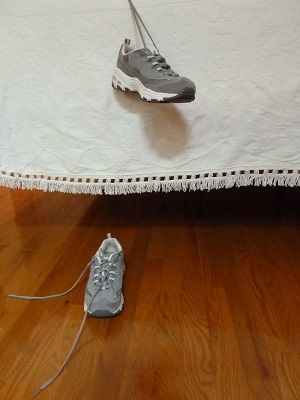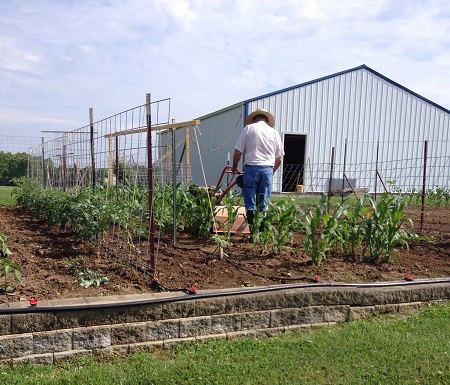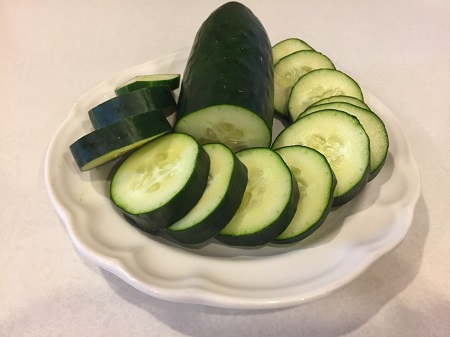Under Your Wing
 When a storm approaches, a mother hen gathers her baby chicks under her wing. She wants to keep them safe.
When a storm approaches, a mother hen gathers her baby chicks under her wing. She wants to keep them safe.
If you take people under your wing, you care for them.
You batten down the hatches during life’s storms by:
- Protecting them
- Loving them
- Meeting their needs
Taking someone under your wing may require little or much time.
- Older students tutor younger students.
- Bosses guide new workers.
- Friends take care of a sick friend.
- Neighbors offer a place to stay when another neighbor loses her home.
- Relatives rear a child when its parents die.
Look for opportunities to care for a hurting world.
- Show love in all you do.
- Help the hopeless see light at the end of the tunnel.
- Give financial help to people going through hard times.
- Show respect to everyone, whether you agree with them or not.
- Treat people the way you want to be treated.
- Don’t get mad as a wet hen when you don’t get your way.
- Ask God to guide you in all you do and say.
“[God] will cover you with His feathers;
you will take refuge under His wings.
His faithfulness will be a protective shield” (Psalm 91:4 HCSB).
Thanks to Carole Fite for the suggestion and to Pam Barnes Harlow for the photo.
Do you have an expression you want explained? If so, please comment below.
Subscribe to receive my weekly posts by email and receive a free copy of “Words of Hope for Days that Hurt.”
If you enjoyed this post, please share it with your friends.
 When we sleep in a room with thin walls, we don’t want noisy neighbors. If those neighbors live in the room above us, we often wait for the next shoe to drop.
When we sleep in a room with thin walls, we don’t want noisy neighbors. If those neighbors live in the room above us, we often wait for the next shoe to drop. As a little girl, I loved to visit relatives who had a well with a bucket. The bucket was tied to the end of a rope. To get water, we had to:
As a little girl, I loved to visit relatives who had a well with a bucket. The bucket was tied to the end of a rope. To get water, we had to: After a long hard day, most of us look forward to work in the short rows.
After a long hard day, most of us look forward to work in the short rows. A few years ago, my husband was in the hospital, not expected to live. The next day a doctor said he was much better but not out of the woods yet. He meant my husband still had to fight for his life.
A few years ago, my husband was in the hospital, not expected to live. The next day a doctor said he was much better but not out of the woods yet. He meant my husband still had to fight for his life. Dr. Seuss wrote, “With your head full of brains and your shoes full of feet, you’re too smart to go down any not-so-good street.”
Dr. Seuss wrote, “With your head full of brains and your shoes full of feet, you’re too smart to go down any not-so-good street.” Food for thought means something to consider.
Food for thought means something to consider.  While on a trip, many of us look forward to the end of the road.
While on a trip, many of us look forward to the end of the road.  Some people stay cool as a cucumber.
Some people stay cool as a cucumber. Pastors don’t need to convince believers to accept Jesus. That would be like preaching to the choir.
Pastors don’t need to convince believers to accept Jesus. That would be like preaching to the choir.  To spread a message, the messenger must go to those who:
To spread a message, the messenger must go to those who: Of course, people enjoy sharing the same beliefs. Choir members sing and praise God with other believers. True worship makes them
Of course, people enjoy sharing the same beliefs. Choir members sing and praise God with other believers. True worship makes them